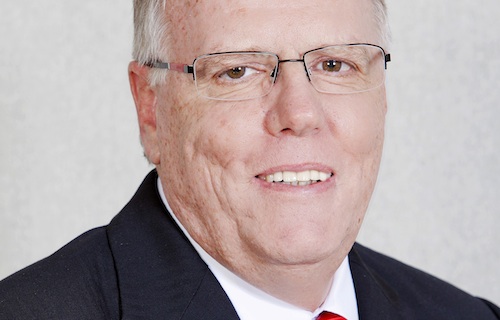
Government needs to make it easier for telecommunications operators to build infrastructure, especially fibre-optic networks, as red tape and conflicting requirements are slowing the ability of companies to build broadband networks.
Howard Earley, chief operating officer at Dimension Data subsidiary Plessey, says receiving the necessary environmental approvals and permits from municipalities and the department of water affairs to build fibre networks is becoming a big issue.
“There’s not a uniform environmental standard from one metro to the next and no uniform mechanism from the department of water affairs,” Earley says.
Earley says that although it’s important for regulations to protect the environment, new and uniform rules are needed to guide fibre projects. Plessey is responsible in large part for the Vodacom, MTN and Neotel fibre build between Johannesburg and Durban and Earley says the project has been delayed because of outstanding licences from water affairs. “The consortium can’t get them and until they do that link can’t be used for the purpose it was intended.”
Different rules from municipalities have also slowed progress. “If you get to a bridge, one guy will say hang it under the bridge, while the next will say they want in-road trenching, and so it carries on, so there is no universal approach.”
Earley says the country would be “much better served” if there was one standard which operators were expected to adhere to.
Even within big metros, there are sometimes conflicting requirements, he says. “It would be very good if there was one overall body that decided on the standards and what was required and who the issuing party would be in terms of giving you the licence to operate.”
One way this could happen is if one central government department took ownership of the issue, though Earley admits this could take time. He feels it’s an issue the department of communications should deal with in its forthcoming broadband strategy document. “If we could just get the bigger metros to agree [on standards], that would be first prize.”
Elsewhere in Africa, environmental impact approvals are not nearly as stringent as they are in SA, but Earley thinks that in many of these markets the rules are too lax. “There should be some minimum requirements.” — Duncan McLeod, TechCentral
- Subscribe to our free daily newsletter
- Follow us on Twitter or on Facebook

